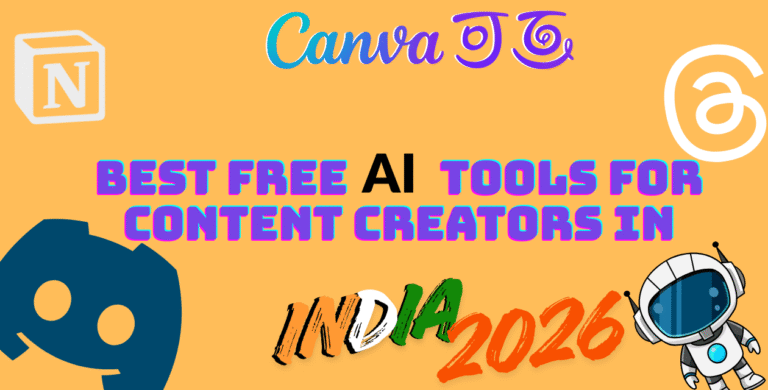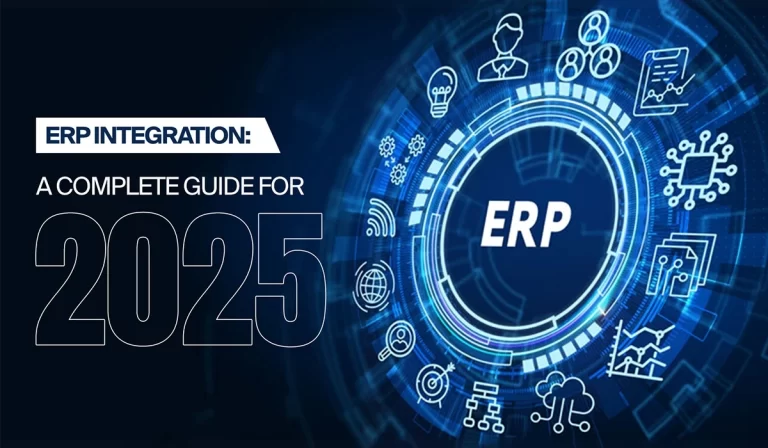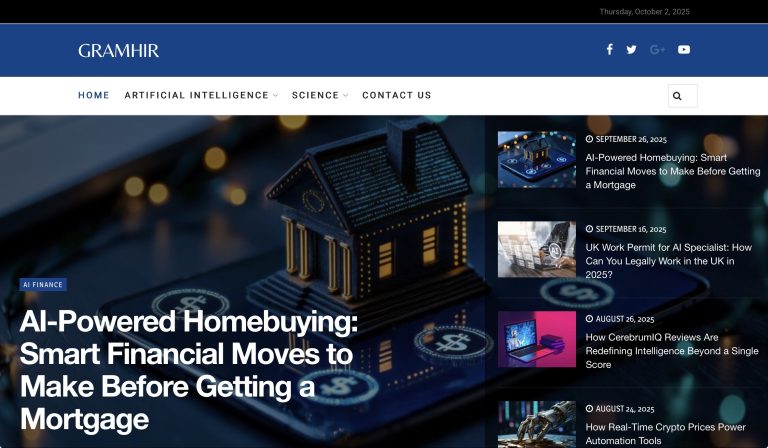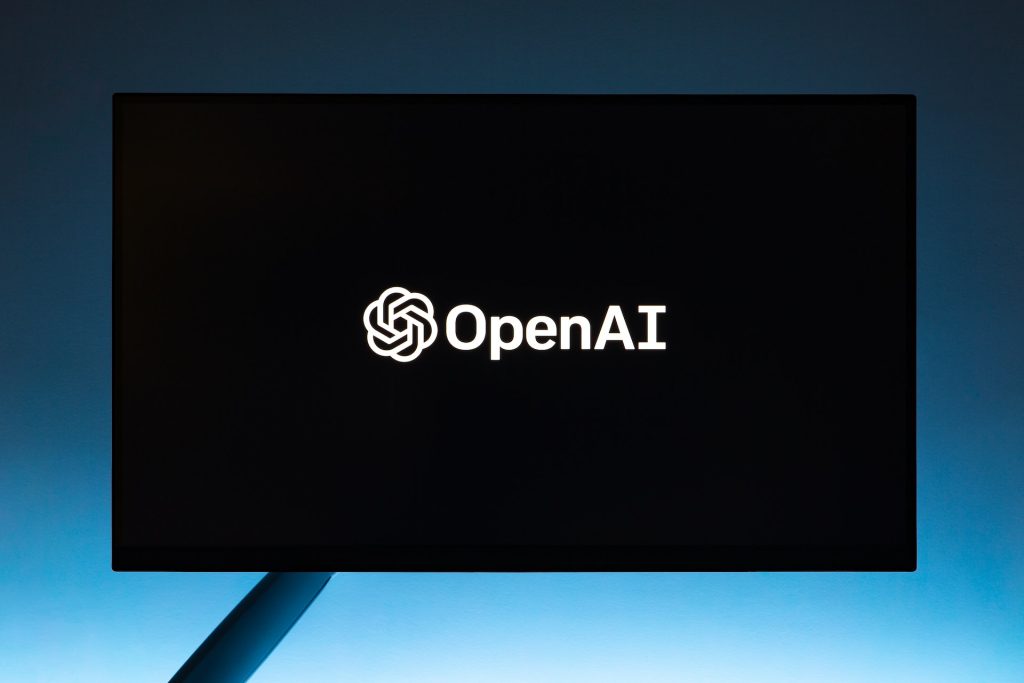
Artificial intelligence VS Digital marketers
Artificial intelligence (AI) is increasingly being used in the field of digital marketing to automate certain tasks and improve the accuracy of data analysis. However, it is unlikely that AI will completely replace digital marketers in the foreseeable future.
Although artificial intelligence can be used to automate processes like lead scoring, data analysis, and advertising targeting, it still lacks the creativity, emotional intelligence, and intuition that are essential to successful marketing.Artificial intelligence is not able to comprehend cultural nuances, personal preferences, or human emotions in the same way that a human marketer can.
Moreover, digital marketing is a constantly evolving field that requires adapting to new technologies and trends. This requires a human touch that Artificial intelligence is currently unable to provide.
In short, while Artificial intelligence will continue to play an increasingly important role in digital marketing, it is unlikely to completely replace human marketers anytime soon. The two will likely work together in a symbiotic relationship, with Artificial intelligence handling routine tasks and providing data insights, while human marketers use their creativity and strategic thinking to create marketing initiatives that successfully reach their target audience.
Artificial intelligence tool
Artificial intelligence can be a valuable tool in areas such as data analysis, predictive modeling, and campaign optimization. By processing vast amounts of data and identifying patterns, Artificial intelligence algorithms can provide valuable insights and recommendations for digital marketing strategies. This can help marketers refine their targeting, personalize content, and optimize campaigns for better performance.
However, there are several aspects of digital marketing that require human expertise and creativity, which Artificial intelligence cannot replicate. Digital marketers play a critical role in developing brand strategies, creating engaging content, and building meaningful relationships with customers. They possess the ability to think critically, understand consumer behavior, and adapt strategies based on changing market dynamics.
Moreover, digital marketing involves a deep understanding of the target audience and the ability to craft compelling messages that resonate with them. This requires emotional intelligence, cultural sensitivity, and a creative mindset, qualities that are inherent to human marketers.
Artificial intelligence technology
Artificial intelligence technology can also have limitations when it comes to understanding complex human emotions, cultural nuances, and the context in which marketing messages are delivered. Human marketers can leverage their empathy and intuition to create authentic and impactful campaigns that connect with consumers on a deeper level.
– AI can automate parts of digital marketing and boost efficiency.
– Complete replacement of digital marketers by AI is unlikely.
– Human creativity, emotional intelligence, and strategic thinking are crucial.
– Effective marketing strategies require a human touch.
– Building strong connections with audiences relies on human skills.
– Embracing AI as a tool can enhance marketers’ work.
– Leveraging AI can lead to improved results in digital marketing.
Enhancing SEO with AI

Search Engine Optimization (SEO) is an integral part of digital marketing, as it helps websites rank higher in search engine results pages (SERPs). AI has significantly impacted the field of SEO, with algorithms becoming increasingly sophisticated in understanding user intent and delivering relevant search results. AI-powered tools can analyze keyword data, identify trends, and suggest content optimization strategies to improve a website’s visibility and organic traffic.
The Role of Digital Marketers in the AI Era
While AI offers numerous benefits and efficiencies, it is important to recognize that digital marketers still play a vital role in leveraging AI effectively. AI technology may automate certain tasks, but human creativity, critical thinking, and strategic decision-making cannot be replaced. Digital marketers possess the ability to understand the nuances of brand voice, craft compelling narratives, and build meaningful relationships with customers that go beyond data-driven insights.
The Future of AI and Digital Marketing
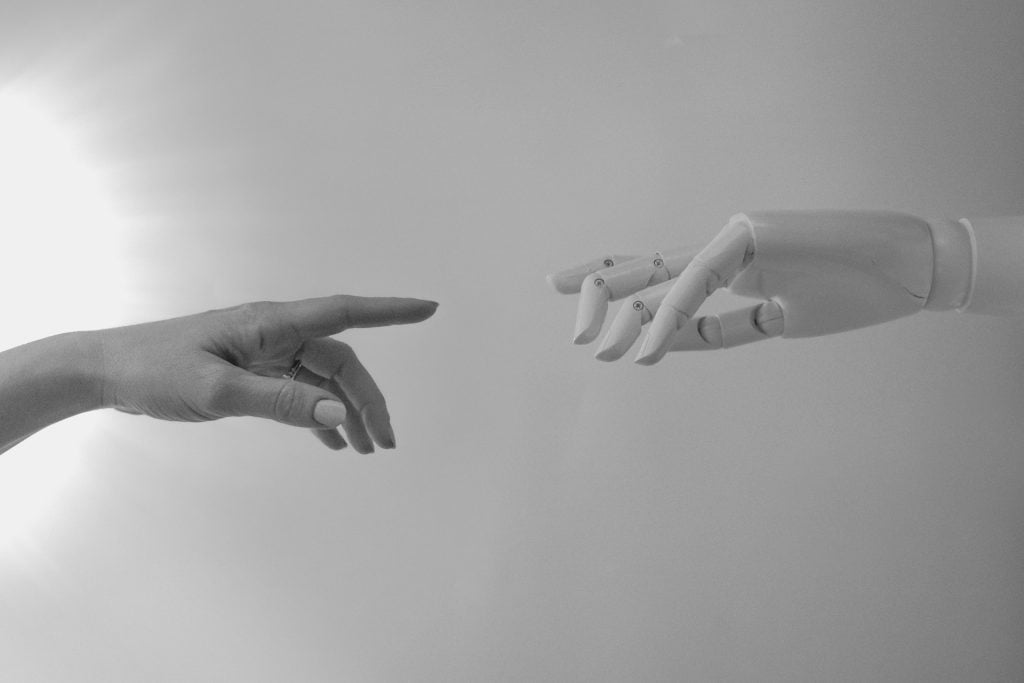
As we look to the future, it is evident that Artificial intelligence will continue to evolve and reshape the landscape of digital marketing. However, instead of replacing digital marketers entirely, AI is more likely to augment their capabilities and enhance their effectiveness. By Marketers can use artificial intelligence to gain deeper insights into consumer behavior. This technology allows for more personalized experiences for customers. By leveraging AI, marketers can optimize their campaigns, leading to improved results. The collaboration between AI and digital marketing is essential for driving innovation and exploring new opportunities in the industry.
Conclusion
The rise of Artificial Intelligence (AI) in digital marketing offers significant advancements but does not replace human marketers. AI acts as a powerful tool that enhances the capabilities of marketers, allowing them to work more effectively in the digital space. Future successful digital marketers will need to embrace AI as a partner while utilizing their unique human skills. This combination will help in developing compelling and customer-focused marketing strategies.

